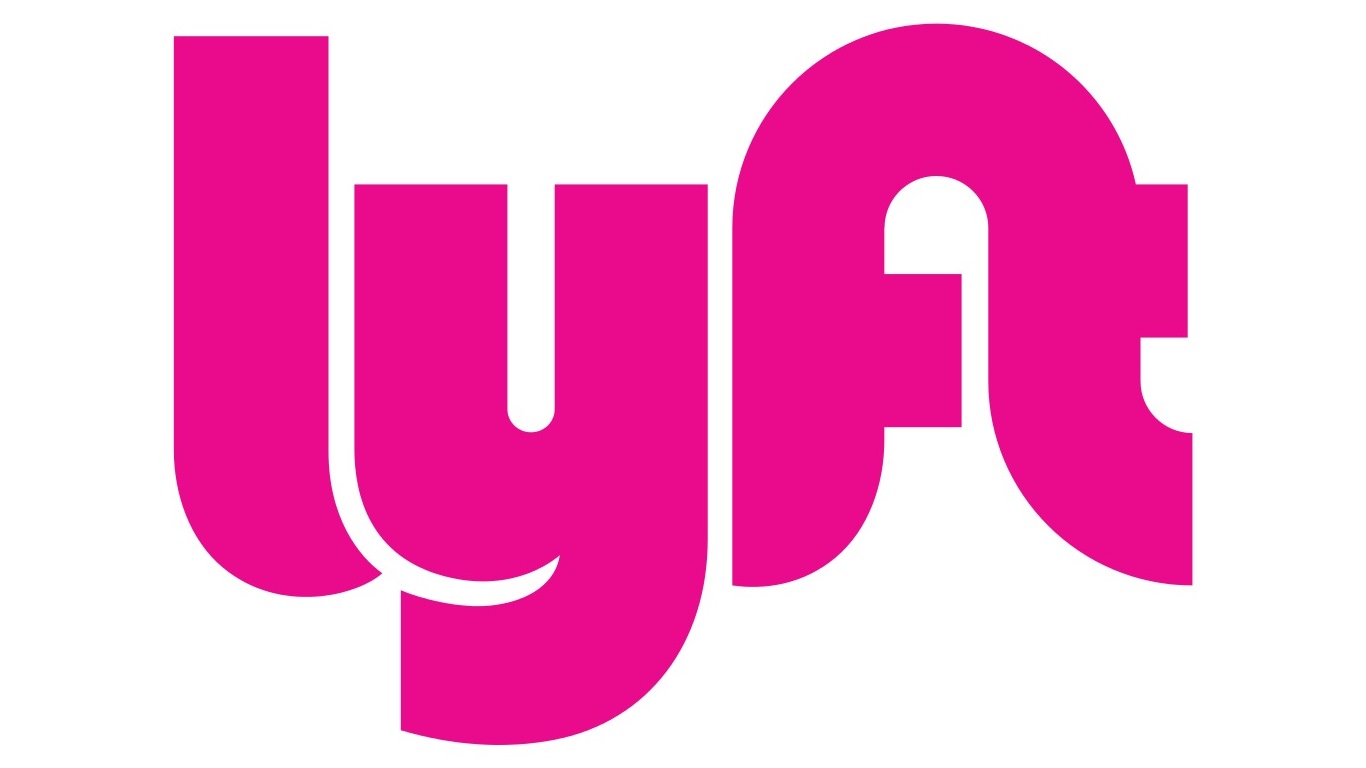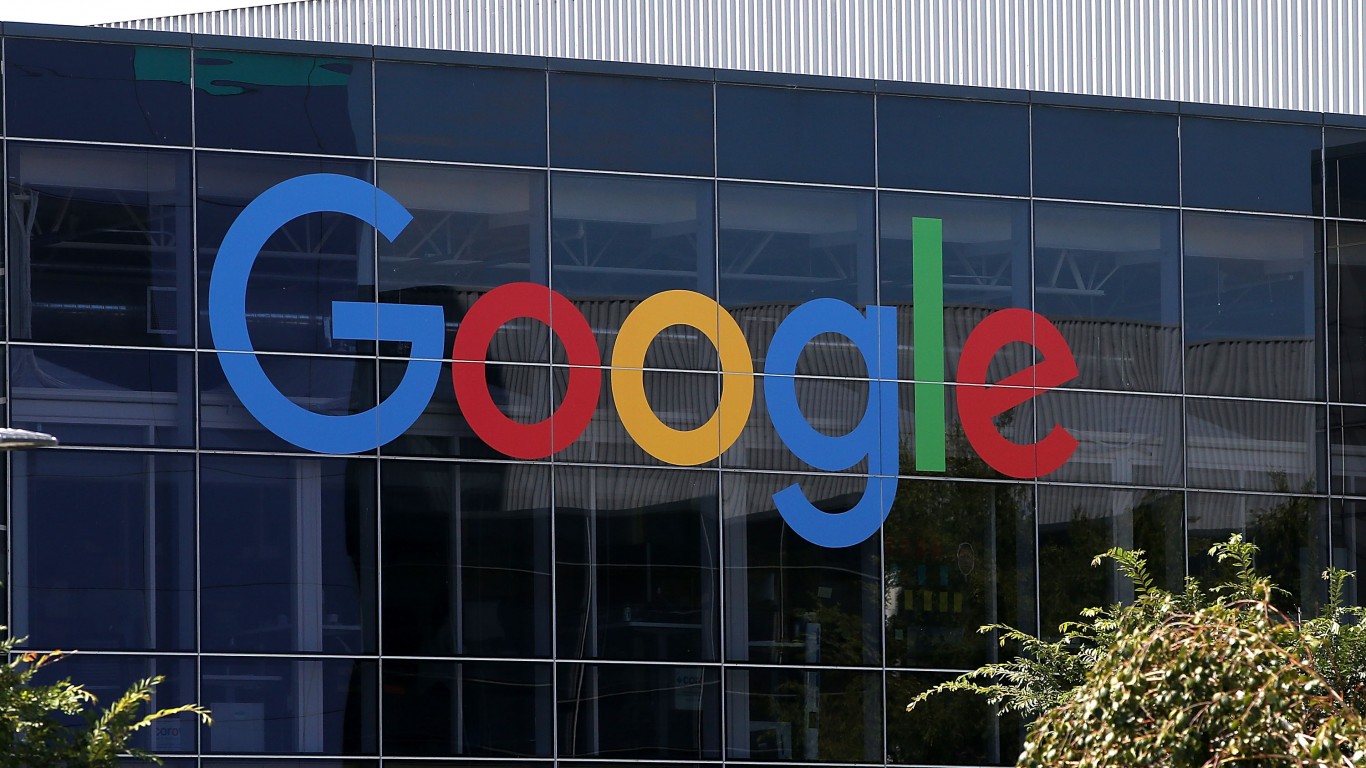
Lyft Inc. (NASDAQ: LYFT) entered the market with a bang in one of the most anticipated initial public offerings (IPOs) of the year. Shares actually went out at just over $87, compared to its pricing of $72, which was at the high end of the expected pricing range of $70 to $72. Overall, 30.77 million shares were offered. The entire offering, including the overallotment option, was valued at $2.55 billion.
The underwriters for the offering are JPMorgan, Credit Suisse, Jefferies, UBS Investment Bank, Stifel, RBC Capital Markets, KeyBanc Capital Markets, Cowen, Raymond James, Canaccord Genuity, Evercore ISI, Piper Jaffray, JMP Securities, Wells Fargo Securities, KKR, Academy Securities, Blaylock Van, Penserra Securities, Siebert Cisneros Shank and Williams Capital Group.
There were already a couple analysts with ratings out for the ride-share company ahead of the IPO. Northland Research and Wedbush each had a Neutral rating, the latter with an $80 price target. Note that these analysts can issue ratings now because they are not part of the underwriting group, which is subject to a quiet period.
It’s also worth noting that this is the biggest IPO since Facebook came public in 2012.
Lyft launched its peer-to-peer marketplace for on-demand ridesharing in 2012. Currently, Lyft is one of the largest and fastest-growing multimodal transportation networks in the United States and Canada. To date, the company has facilitated over a billion rides.
The IPO was expected to be one of the largest since the 2014 offering by Chinese e-commerce giant Alibaba and the largest since the March 2017 IPO of Snap, which raised around $3.4 billion and valued the messaging company at about $33 billion. Snap’s market cap now sits at around $14 billion.
In the filing, Lyft described its finances as follows:
Our revenue was $343.3 million, $1.1 billion and $2.2 billion in 2016, 2017 and 2018, respectively, representing year-over-year growth of 209% from 2016 to 2017 and 103% from 2017 to 2018. We generated Bookings of $1.9 billion, $4.6 billion and $8.1 billion in 2016, 2017 and 2018, respectively, representing year-over-year growth of 141% from 2016 to 2017 and 76% from 2017 to 2018. Our net loss was $682.8 million, $688.3 million and $911.3 million in 2016, 2017 and 2018, respectively, and our Contribution was $82.0 million, $400.9 million and $920.8 million in 2016, 2017 and 2018, respectively.
The company intends to use the net proceeds from the offering for general corporate purposes, including working capital, operating expenses and capital expenditures.
Shares of Lyft were last seen up 15% at $83.22, in a range of $82.50 to $88.60 on the day thus far. Also, about 33 million shares had moved as of 12:25 p.m. Eastern.
In 20 Years, I Haven’t Seen A Cash Back Card This Good
After two decades of reviewing financial products I haven’t seen anything like this. Credit card companies are at war, handing out free rewards and benefits to win the best customers.
A good cash back card can be worth thousands of dollars a year in free money, not to mention other perks like travel, insurance, and access to fancy lounges.
Our top pick today pays up to 5% cash back, a $200 bonus on top, and $0 annual fee. Click here to apply before they stop offering rewards this generous.
Flywheel Publishing has partnered with CardRatings for our coverage of credit card products. Flywheel Publishing and CardRatings may receive a commission from card issuers.
Thank you for reading! Have some feedback for us?
Contact the 24/7 Wall St. editorial team.
 24/7 Wall St.
24/7 Wall St.

